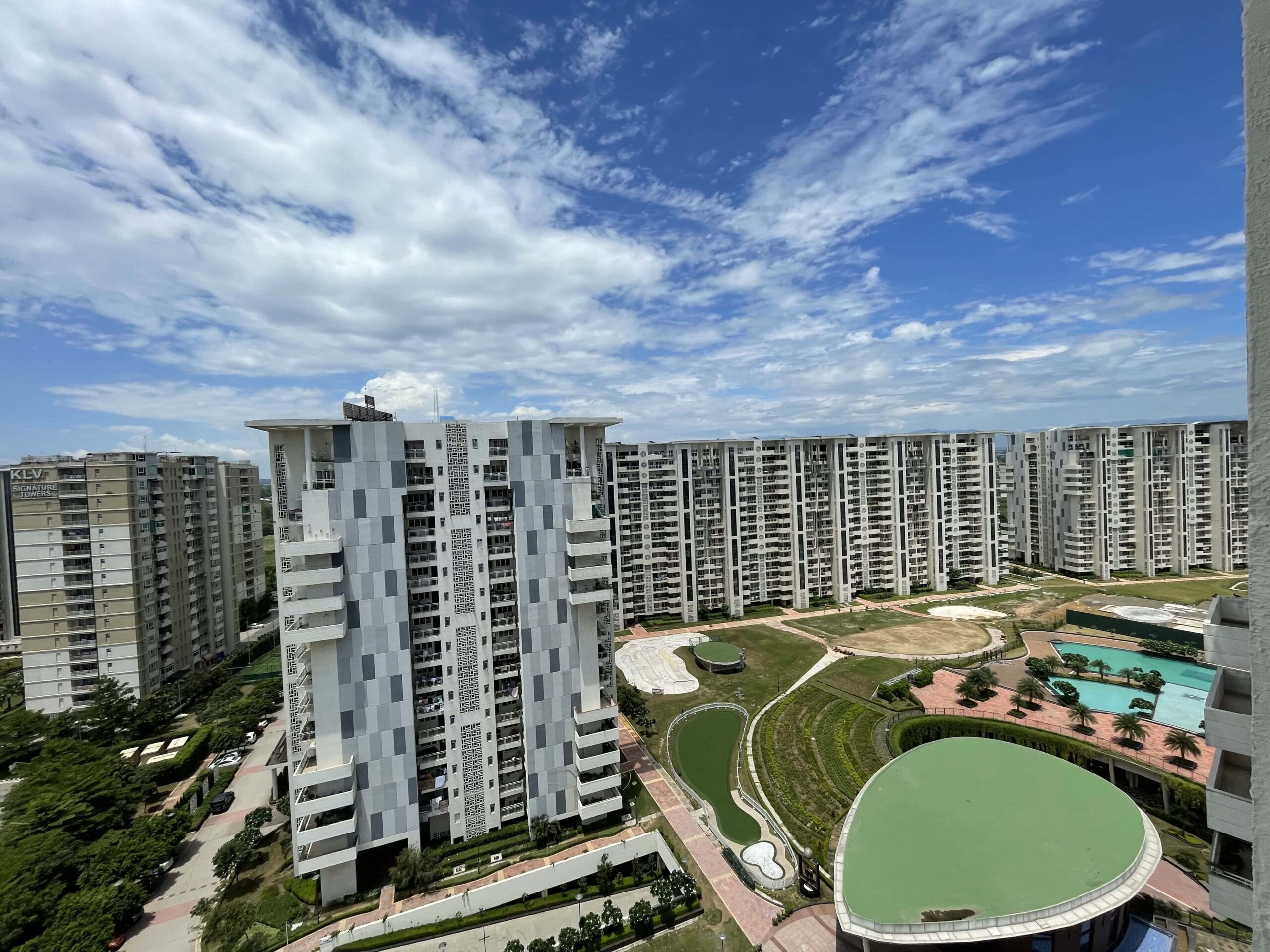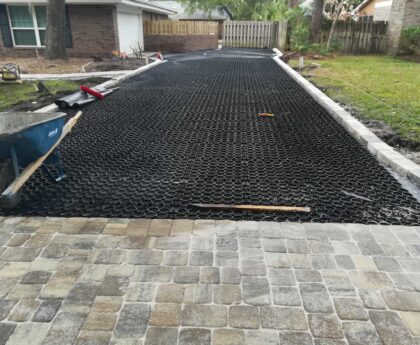Many experts believe that a global recession, pretty much like the one we faced in 2008 is again just around the corner. A global recession can leave a lasting mark on economies around the world and its effects can be felt in various sectors. Let us delve into the impact of a global recession on the Indian real estate market, specially in the state of Punjab. Let us explore how the real estate sector can weather the storm, undergo subsequent changes and learn some lessons from a recession.
The impact a global recession can have on the Indian Real Estate
The Initial Shock –
When the global recession hit in 2008, the Indian real estate market was booming. Property prices were soaring and developers were launching ambitious projects. However, the sudden financial crisis had an immediate impact. Liquidity dried up and potential homebuyers became wary, resulting in a slowdown in property sales. Experts are of the opinion that something similar can be expected if we again get hit by a recession.
Falling Property Prices –
One of the most significant consequences of a global recession in the real estate market of Punjab would be the fall in property prices. As demand would decrease, developers would be forced to cut prices to attract buyers. This would create opportunities for bargain hunters but would also leave many property owners with diminished asset values. In short it could result in a good time to buy but a bad time to sell. If you are considering investing in a luxury property in Punjab, it could result in a good investment. However if you are already a luxury property owner, selling it would not be a very good idea.
The Role of Foreign Investment –
Foreign investment plays a significant role in the Indian real estate sector, specially in the state of Punjab. Many NRIs settled abroad hail from the state of Punjab. Due to this in Punjab, specifically the cities of Chandigarh and Mohali witness many real estate investments from NRIs. Many NRIs prefer buying a luxury penthouse in Chandigarh. The recession can cause a temporary dip in foreign investments especially in Punjab.
Delayed Projects –
With financing becoming scarce, many real estate projects in India might get delayed or might be put on hold. This could have a cascading effect on the construction industry and the labor force employed in it. Developers might struggle to secure fundings, leading to a slowdown in infrastructure development.
Increased Scrutiny and Regulation –
The recession can prompt authorities in India to increase regulatory scrutiny on the real estate sector. The Real Estate (Regulation and Development) Act, commonly known as RERA was introduced to protect the interests of homebuyers and enhance transparency in the industry. This regulatory framework aimed to bring more stability to the market.
Changing Buyer Behavior –
The recession can also change the behavior of homebuyers in India. Many buyers become more risk averse and focused on affordable housing options. This shift in preferences can lead to the emergence of mid segment and affordable housing as prominent market segments. Right now the demand for luxury properties is at an all time high in Punjab. The demand for a luxury penthouse in Mohali and a luxury penthouse in Chandigarh is rising everyday.
Long Term Resilience –
Despite the challenges posed by the global recession in 208, the Indian real estate market showed remarkable resilience. Over the years it bounced back and continued to grow, driven by factors such as urbanization and population growth and government initiatives. If we do get hit by a recession one can still expect a long term resilience after the recession as seen in earlier patterns of recessions.
Conclusion
The global recession of 2008 had a significant impact on the Indian real estate sector. A recession again can lead to falling property prices, delayed projects, increased regulation and changed buyer behavior. However, the industry can still show resilience and adaptability, ultimately recovering and growing stronger as it did after 2008. The Indian government’s focus on affordable housing is expected to continue in the near future and incentives for developers in affordable housing are expected to drive construction and sale.



